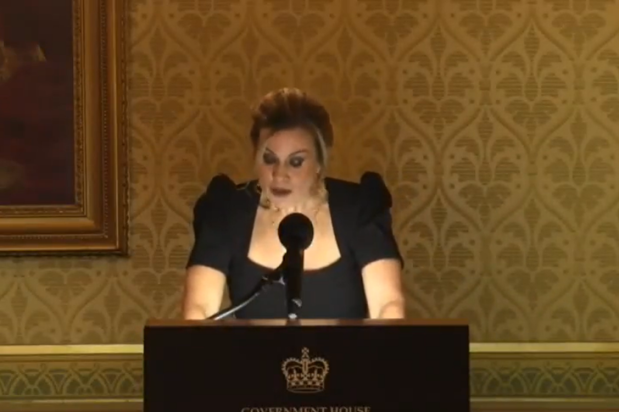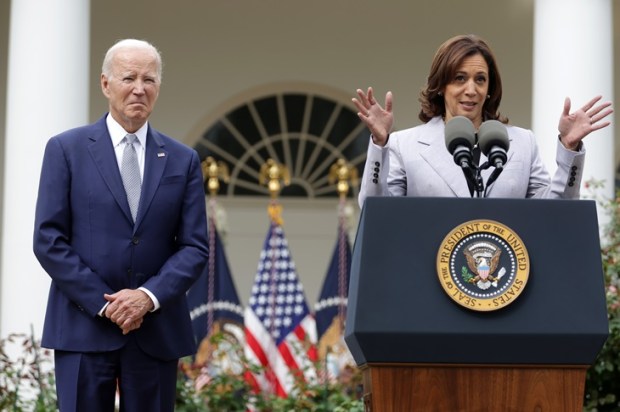In January 2008, Pope Benedict XVI was invited by one of Italy’s (if not the world’s) leading universities, La Sapienza Università di Roma, to give the keynote address – the lectio magistralis – at the ceremony for the inauguration of the academic year. Such a ceremony in continental universities is on a par with graduation ceremonies in importance, steeped in tradition, and a reminder of the great gift that is the pursuit of knowledge bequeathed to us by the Western world’s Christian heritage.
Already a subscriber? Log in
Subscribe for just $2 a week
Try a month of The Spectator Australia absolutely free and without commitment. Not only that but – if you choose to continue – you’ll pay just $2 a week for your first year.
- Unlimited access to spectator.com.au and app
- The weekly edition on the Spectator Australia app
- Spectator podcasts and newsletters
- Full access to spectator.co.uk


























Comments
Don't miss out
Join the conversation with other Spectator Australia readers. Subscribe to leave a comment.
SUBSCRIBEAlready a subscriber? Log in